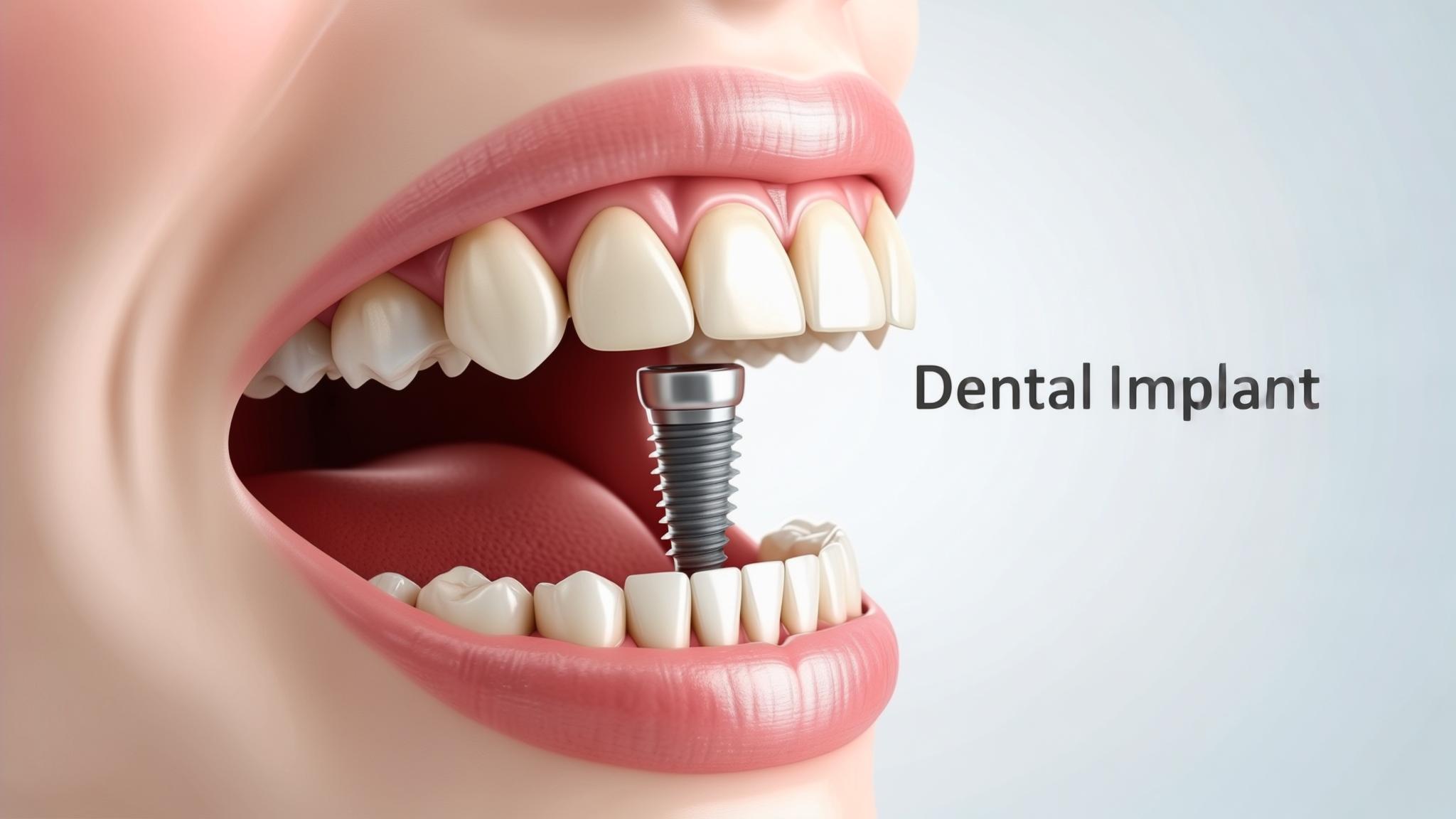Understanding Baby Teeth
Baby teeth, also known as primary teeth, are the first set of teeth that develop in a child's mouth. These teeth usually begin to erupt around six months of age and continue to appear until the child is about three years old. Typically, a full set of baby teeth includes 20 teeth. These teeth are crucial for several reasons: they aid in proper chewing and nutrition, help in the development of clear speech, and guide the permanent teeth into their correct positions. Baby teeth also play a vital role in maintaining space in the jaw for the eventual eruption of adult teeth.
Overview of Dental Implants
Dental implants are artificial tooth roots, typically made from titanium, that provide a strong foundation for fixed or removable replacement teeth. They consist of three main components: the implant itself, an abutment, and a crown. The history of dental implants dates back to ancient times, but modern implants have evolved significantly over the past few decades, becoming a reliable option for tooth replacement. For adults and older children, dental implants offer several advantages, including improved appearance, speech, comfort, and the ability to eat with confidence.
When are Dental Implants Appropriate?
Dental implants are generally recommended for individuals who meet specific criteria. Age is a crucial factor; implants are typically reserved for older teenagers and adults whose jawbones have fully developed. Bone density and health are also important, as sufficient bone is needed to support the implant. Good oral hygiene and overall health status are necessary to ensure successful integration of the implant. Compared to other options like bridges and dentures, implants offer a more permanent solution with a natural feel and function.
The Case for Baby Teeth
Replacing baby teeth with dental implants is generally not recommended. Baby teeth naturally fall out to make way for permanent teeth, a process that is essential for proper dental development. Placing implants in children poses risks, such as interfering with jaw growth and development, leading to potential complications. Instead of implants, it's important to allow the natural process to unfold, ensuring that adult teeth have the space and guidance they need to emerge correctly.
Alternatives to Implants for Missing Baby Teeth
When a baby tooth is lost prematurely, there are several alternatives to consider. Space maintainers are common solutions designed to hold the space for the permanent tooth, preventing other teeth from shifting into the gap. Other temporary solutions might include partial dentures or orthodontic appliances, which can help maintain proper alignment until the adult tooth emerges. Regular dental check-ups are crucial to monitor a child's dental development and address any issues promptly.
Conclusion
In summary, while dental implants are an excellent option for replacing missing permanent teeth in adults and older children, they are not suitable for baby teeth. The natural process of losing baby teeth and the subsequent eruption of adult teeth should be allowed to occur without interference. Regular dental visits and proper oral care are essential in ensuring healthy dental development in children.
References
For more information on dental implants and pediatric dentistry, consult reputable sources such as the American Dental Association (ADA) and the American Academy of Pediatric Dentistry (AAPD). These organizations provide valuable insights and guidelines on maintaining oral health at every stage of life.

